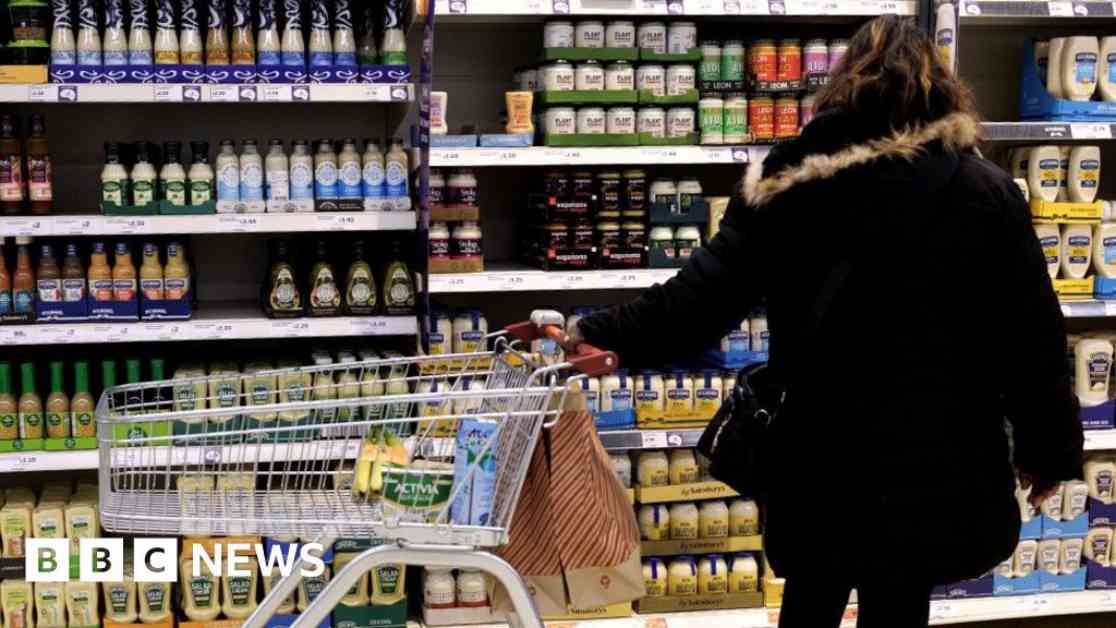News of a surprising drop in UK inflation has sparked hopes of an interest rate cut next month, with prices rising only 2.5% in the year to December, down from 2.6% the previous month. This unexpected dip marked the first decline in inflation in three months, driven by hotel prices falling and smaller airfare increases than usual. Despite this decrease, prices are still climbing higher than the Bank of England’s target, keeping pressure on Chancellor Rachel Reeves, whose Budget policies have faced criticism for contributing to market turmoil.
Investors have responded to the inflation figure by increasing bets on the likelihood of an interest rate cut next month, with expectations of a second cut by the end of the year. The Bank of England had opted to keep interest rates at 4.75% last month after policymakers acknowledged that the UK economy had underperformed, showing no growth between October and December. The latest inflation data has further fueled expectations of a rate cut to 4.5% in February, strengthening the case for this move according to Ruth Gregory, deputy chief UK economist at Capital Economics.
Easing price rises for restaurants and falling hotel prices helped drive inflation lower, as reported by the Office for National Statistics (ONS). However, rising fuel and second-hand car costs offset this decrease, leading to a mixed picture of inflation trends in the UK. Government borrowing costs have fallen back to previous levels following the release of the data, with the pound also experiencing a slight increase to $1.22.
Impact on Businesses and Individuals
As the cost of living continues to be a concern for households, businesses like Ennio’s in Southampton are feeling the strain of economic challenges. Jonny Gettings, the director of operations at this Italian restaurant and small hotel, expressed his worries about the upcoming changes in minimum wage, national insurance contributions, and business rates relief. He highlighted the delicate balance businesses must maintain between managing costs and retaining customers, emphasizing the limitations on how much they can charge without risking losing their clientele.
Government Response and Market Strategies
In response to market turbulence and economic concerns, Chancellor Rachel Reeves emphasized the government’s commitment to supporting working families amidst rising costs. However, shadow chancellor Mel Stride criticized the government’s economic policies, calling for urgent explanations on future plans to stimulate growth. Investors and experts like Jane Sydenham from Rathbones Investment Management are keen on seeing detailed strategies from the government to address market uncertainties and provide clarity on tax breaks and industry-specific support.
Impact on Everyday Expenses
With inflation affecting various sectors, individuals are likely to see increases in their phone and broadband bills due to inflation-linked contracts. Additionally, average rent costs have risen by 9% in December compared to a year earlier, while UK house prices have increased by 3.3% in the 12 months to November. These changes highlight the broader impact of inflation on everyday expenses and the challenges faced by both businesses and individuals in navigating economic uncertainties.
As economic conditions evolve, the interconnected nature of inflation, interest rates, and government policies underscores the need for comprehensive strategies to address market challenges and support sustainable growth in the UK economy.













